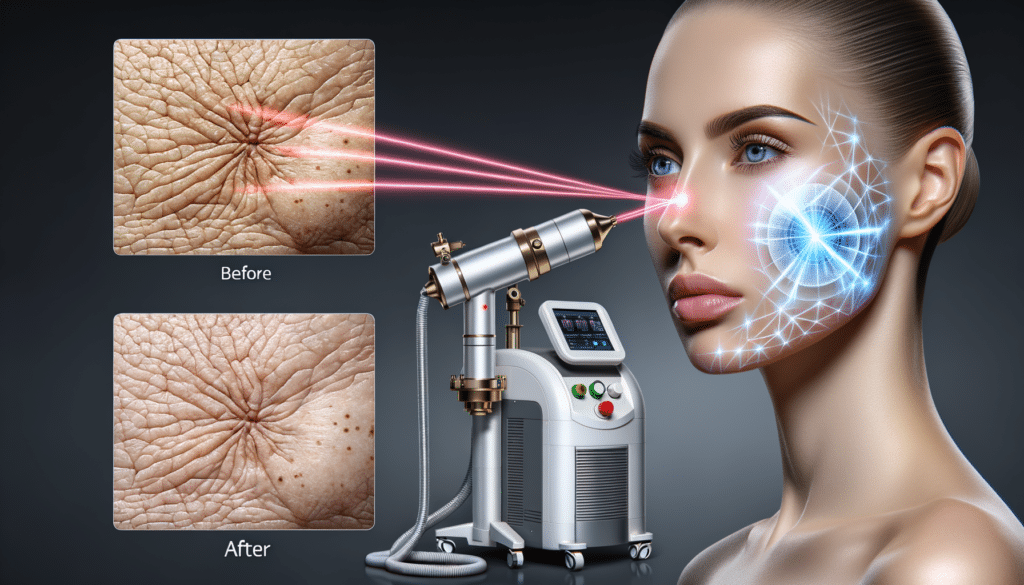The Growing Demand for Medical Assistants
In recent years, the healthcare industry has witnessed a significant surge in the demand for medical assistants. This trend is largely driven by the aging population and the increasing need for healthcare services. Medical assistants are integral to the efficient functioning of healthcare facilities, providing both clinical and administrative support. They help bridge the gap between patients and healthcare providers, ensuring smooth operations and enhancing patient care.
According to the U.S. Bureau of Labor Statistics, employment of medical assistants is projected to grow 18 percent from 2020 to 2030, much faster than the average for all occupations. This growth is attributed to several factors:
- Aging Population: As the baby boomer generation ages, there is a higher demand for preventive medical services, which medical assistants help facilitate.
- Increased Access to Healthcare: With more people having access to healthcare, there is a greater need for medical support staff to manage the increased patient load.
- Technological Advancements: The integration of new technologies in healthcare requires skilled personnel to manage electronic health records and other digital tools.
Medical assistants are well-positioned to benefit from these trends, making it a promising career choice for those entering the healthcare field.
Diverse Roles and Responsibilities
Medical assistants have a wide range of responsibilities that vary depending on the healthcare setting. They work in hospitals, clinics, private practices, and other medical facilities, performing tasks that are both clinical and administrative in nature. This diversity in roles allows medical assistants to develop a broad skill set, making them versatile professionals in the healthcare industry.
Some of the key responsibilities of medical assistants include:
- Clinical Duties: These may involve taking patient histories, measuring vital signs, assisting with examinations, and preparing laboratory specimens.
- Administrative Tasks: Medical assistants often manage patient records, schedule appointments, and handle billing and insurance claims.
- Patient Interaction: They play a crucial role in patient communication, providing information and support to ensure a positive healthcare experience.
The ability to handle both clinical and administrative tasks makes medical assistants invaluable to healthcare providers, as they contribute to the overall efficiency and effectiveness of medical services.
Pathways to Career Advancement
For medical assistants looking to advance their careers, there are numerous pathways available. With experience and additional education, medical assistants can move into specialized roles or pursue further studies to become healthcare professionals such as registered nurses or physician assistants.
Opportunities for career advancement include:
- Specialization: Medical assistants can specialize in areas such as ophthalmology, podiatry, or cardiology, which may require additional certification or training.
- Further Education: Many medical assistants choose to further their education by enrolling in nursing programs or other healthcare-related degrees.
- Leadership Roles: With experience, medical assistants can take on supervisory or managerial roles within healthcare facilities.
Continuing education and professional development are key to advancing in the medical assistant field. By staying updated with the latest healthcare practices and technologies, medical assistants can enhance their skills and open doors to new career opportunities.




